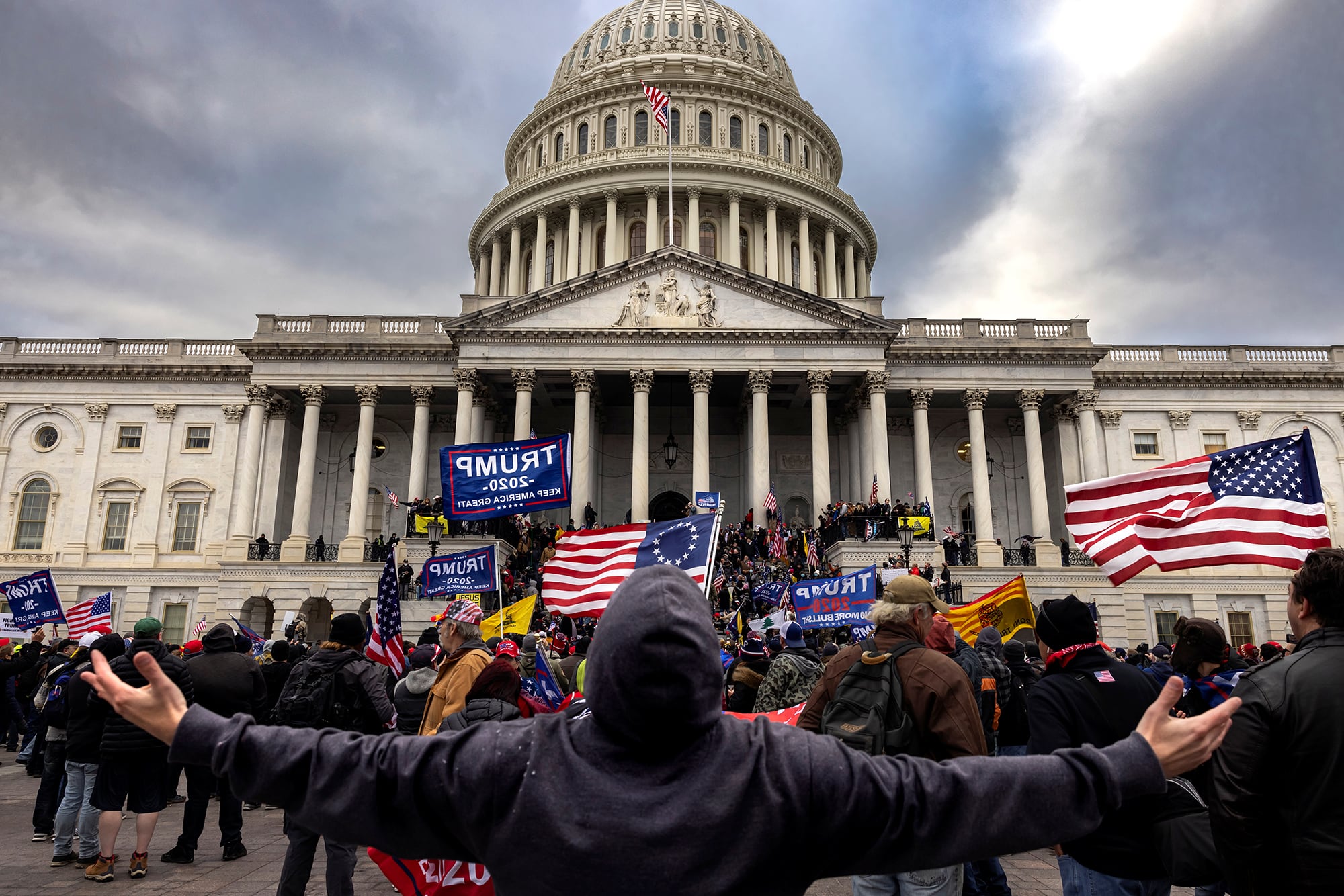A progress report from the Defense Department’s Countering Extremism Working Group is about three months late, but it’s nearly done, Pentagon spokesman John Kirby told Military Times on Monday.
The report, originally due in July, is supposed to include a list of mid- and long-term efforts for the working group, as well as an update on their first three tasks, as laid out by Defense Secretary Lloyd Austin back in April.
“The report is nearing completion,” Kirby said, though there is no date nailed down for briefing the secretary and then announcing the results publicly, adding, “And it will, as we’ve talked about, it will include a new definition set of what extremist activity comprises.”
Previously, the DoD definition of extremist activity focused on planning, fundraising or other “active” participation in extremism groups, though membership was not banned.
The new definition is expected to more specifically identify extremist behaviors, outside of a group setting, as several recent examples of extremist service members have been unaffiliated with an organization.
Though the report is running behind, Kirby said that the working group has continued ahead with its tasks in the meantime.
“They have set up processes, interdepartmental processes, to continue to work on this, Kirby said. “And one of the things that they already said they were going to try to do was another study on extremism, so the work continues.”
RELATED

In addition to the definition and a prevalence study, the working group will update procedures to screen for extremist sympathies in recruits and to educate transitioning service members about the possibility of being recruited by an extremist group after separation.
In the meantime, DoD has funded outside research into best practices for dealing with extremism in the military.
A Rand Corp. report published in September recommended a handful of things the Pentagon is already looking at, including research into the current state of extremist views in the services, as well as means to handle the issue when it comes up.
However, according to the report, “the military could better leverage existing violence prevention programs to prevent service members from becoming involved with extremist groups.”
That same sentiment is reflected in another, privately-funded Rand report released Monday.
Recommendations include exploring existing anti-extremism education, from groups like Life After Hate and Beyond Barriers, both created by former extremists.
Further down the road, Rand’s Monday report suggests, there will need to be a clear framework for dealing with troops who are found to fall under the new definition of extremism.
“Ultimately, DoD will need to craft policies that govern the consequences for service members who are shown to have joined an extremist organization,” which could include discharge, the report continues, but could also involve interventions “designed to help individuals walk away from extremism.”
Meghann Myers is the Pentagon bureau chief at Military Times. She covers operations, policy, personnel, leadership and other issues affecting service members.





